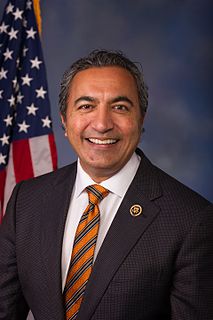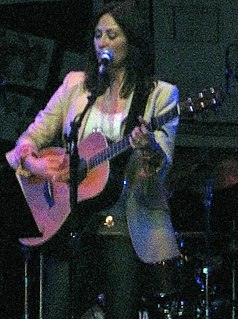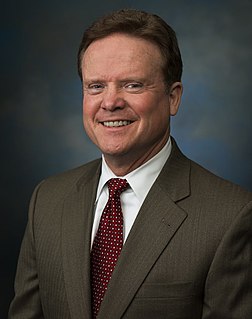A Quote by Harry Belafonte
I realized that most white Americans knew very little about our history and our struggle, and were having difficulty understanding the basis for our agitation and our resistance and our complaints. I also discovered that while black Americans had a sense of the beauty and tragedy of the journey from the time of slavery until now, we were not rooted in the specifics. I thought one way to familiarize people with that history would be through the voices of the great folk artists.
Quote Topics
About
Agitation
Also
Artists
Basis
Beauty
Black
Black America
Complaints
Difficulty
Discovered
Folk
Folk Art
Great
Had
Having
History
I Realized
Journey
Knew
Little
Most
Now
One Way
Our
People
Realized
Resistance
Rooted
Sense
Slavery
Specifics
Struggle
Thought
Through
Time
Tragedy
Understanding
Until
Very
Voices
Way
Were
While
White
Would
Would Be
Related Quotes
There is not a history of black intellectuals being allied with dominant forces to hold white people in social and cultural subordination for a few centuries. Second, the "our" of black folk has always been far more inclusive that the "our" of white folk. For instance, there would have hardly been a need for "black" churches if "white" churches had meant their "our" for everybody - and not just white folk. But "our" black churches have always been open to all who would join. The same with white society at every level.
Our nation is built upon a history of immigration, dating back to our first pioneers, the Pilgrims. For more than three centuries, we have welcomed generations of immigrants to our melting pot of hyphenated America: British-Americans; Italian-Americans; Irish-Americans; Jewish-Americans; Mexican-Americans; Chinese-Americans; Indian-Americans.
We call our intuition our sixth sense, but in reality it would be called our first sense, because it's rooted in quantum nature of reality. It was around long before our solar system and our planetary system were even formulated or even organized. It is at the basis of how our normal sensing works. So instead of being our sixth sense or even â€" using the parapsychological term â€" "extrasensory perception," it's not. It's at the basis of our perception, and that's the quantum world.
There's no doubt that when it comes to our treatment of Native Americans as well as other persons of color in this country, we've got some very sad and difficult things to account for. I personally would want to see our tragic history, or the tragic elements of our history, acknowledged. I consistently believe that when it comes to whether it's Native Americans or African-American issues or reparations, the most important thing for the U.S. government to do is not just offer words, but offer deeds.
My fellow Americans: Last night when I spoke with you about the fall of Rome, I knew at that moment that the troops of the United States and our allies were crossing the channel in another and greater operation. It has come to pass with success thus far. And so, in this poignant hour, I ask you to join me in prayer:
Almighty God: Our sons, pride of our nation, this day have set upon a mighty endeavor, a struggle to preserve our Republic, our religion, and our civilization. . .
I ultimately realized we had gotten together for the music. It was such a huge thing in our lives. We were at the same age, same place in our careers, and we had great fun. But when I became a mother and was at home, I realized that in reality we had very little else in common. I wasn't happy, wasn't getting what I needed. It's tough to realize that. But while a big change can be painful, it also was for the best. I'm happier now than I've ever been.
When President Obama entered the White House, the economy was in a free-fall. The auto industry: on its back. The banks: frozen up. More than three million Americans had already lost their jobs. And America's bravest, our men and women in uniform, were fighting what would soon be the longest wars in our history.
I wasn't thinking about history. I was thinking about how we were going to end segregation at lunch counters in Atlanta, Georgia.We would have never thought about making history, we just thought: Here is our chance to get out our sense of rejection at this kind of racial discrimination. I don't know that there was a time that anybody growing up in the South wasn't enraged about being segregated and being discriminated against.
The strange thing about my life is that I came to America at about the time when racial attitudes were changing. This was a big help to me. Also, the people who were most cruel to me when I first came to America were black Americans. They made absolute fun of the way I talked, the way I dressed. I couldn't dance. The people who were most kind and loving to me were white people. So what can one make of that? Perhaps it was a coincidence that all the people who found me strange were black and all the people who didn't were white.




































